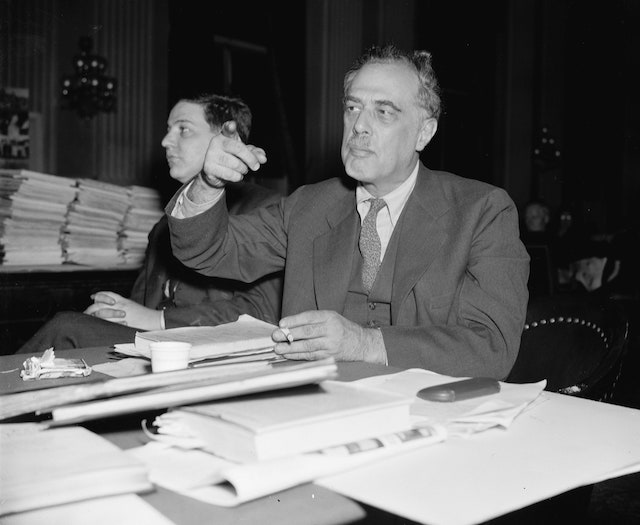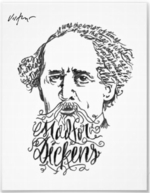 “It was the best of times, it was the worst of times, it was the age of wisdom, it was the age of foolishness, it was the epoch of belief, it was the epoch of incredulity, it was the season of Light, it was the season of Darkness, it was the spring of hope, it was the winter of despair, we had everything before us, we had nothing before us, we were all going direct to Heaven, we were all going direct the other way—in short, the period was so far like the present period, that some of its noisiest authorities insisted on its being received, for good or for evil, in the superlative degree of comparison only…” ~ Charles Dickens, A Tale of Two Cities, April 30, 1859
“It was the best of times, it was the worst of times, it was the age of wisdom, it was the age of foolishness, it was the epoch of belief, it was the epoch of incredulity, it was the season of Light, it was the season of Darkness, it was the spring of hope, it was the winter of despair, we had everything before us, we had nothing before us, we were all going direct to Heaven, we were all going direct the other way—in short, the period was so far like the present period, that some of its noisiest authorities insisted on its being received, for good or for evil, in the superlative degree of comparison only…” ~ Charles Dickens, A Tale of Two Cities, April 30, 1859
~ A Tale of Two Cities: Synopsis ~
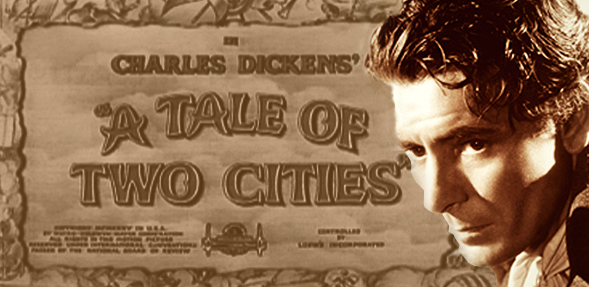 It is the year 1775, and France, as well as England, are awash with social ills. Jerry cruncher delivers an urgent message to Jarvis Lorry vie the Dover mail-coach. In the message, he gets instruction to wait at Dover for Lucie Manette, an orphan whose supposedly dead father is alive in France. They both go to Paris a meet Dr. Manette who is now a mad man who makes shoes. The love between daughter and father recall Manette to sanity.
It is the year 1775, and France, as well as England, are awash with social ills. Jerry cruncher delivers an urgent message to Jarvis Lorry vie the Dover mail-coach. In the message, he gets instruction to wait at Dover for Lucie Manette, an orphan whose supposedly dead father is alive in France. They both go to Paris a meet Dr. Manette who is now a mad man who makes shoes. The love between daughter and father recall Manette to sanity.
In 1780, Charles Darnay got accused of treason against the English throne. He was suspected of spying. Stryver, his lawyer pleads his case but not until Sydney carton, a useless drunkard comes to his defense leading to his acquittal. Continue reading

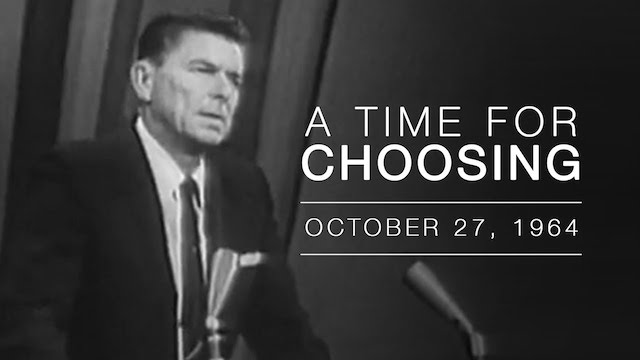

 In 1690, Massachusetts Bay Colony embarked upon a short-lived experiment in unbacked paper money. It did not go well.
In 1690, Massachusetts Bay Colony embarked upon a short-lived experiment in unbacked paper money. It did not go well.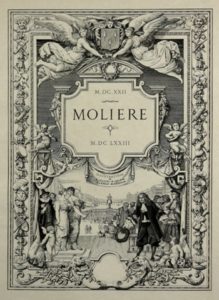 Vive la différence between British and French culture in two of the greatest playwrights in history. Britain has a rich literary heritage, but Shakespeare, “the Bard,” is widely recognized as the greatest writer in the English language. In France, a number of writers — Voltaire, Hugo, Proust, Flaubert — can compete for that title, but Molière is viewed as the most acclaimed writer of French comedy and satires, even more heralded than later satirists like Voltaire and Anatole France.
Vive la différence between British and French culture in two of the greatest playwrights in history. Britain has a rich literary heritage, but Shakespeare, “the Bard,” is widely recognized as the greatest writer in the English language. In France, a number of writers — Voltaire, Hugo, Proust, Flaubert — can compete for that title, but Molière is viewed as the most acclaimed writer of French comedy and satires, even more heralded than later satirists like Voltaire and Anatole France.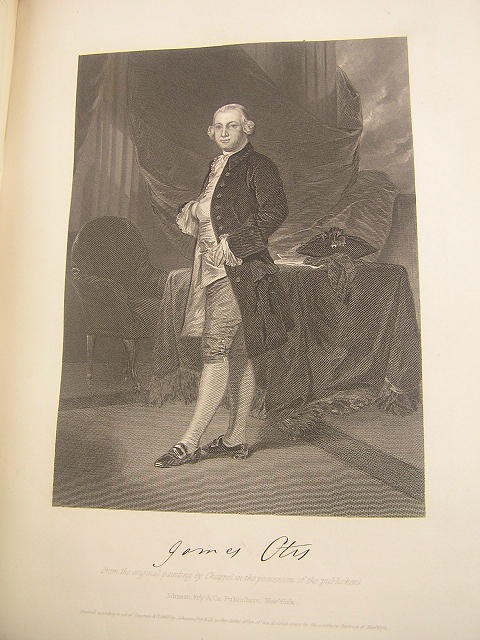 February 5 marks the birth of the American who had the greatest hand in what became the 4th Amendment’s prohibition of unreasonable searches and seizures – James Otis. Unfortunately, “one of the most passionate and effective protectors of American rights” is too-little remembered today.
February 5 marks the birth of the American who had the greatest hand in what became the 4th Amendment’s prohibition of unreasonable searches and seizures – James Otis. Unfortunately, “one of the most passionate and effective protectors of American rights” is too-little remembered today.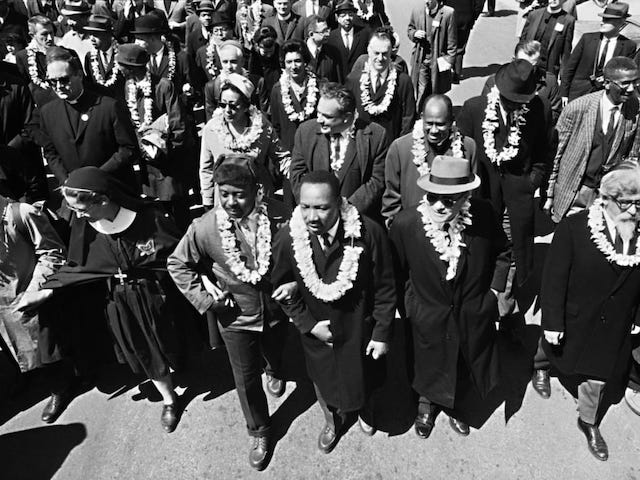 On March 25, 1965, at the conclusion of the brutally consequential march from Selma to Montgomery, Martin Luther King, Jr., delivered a speech titled “Our God Is Marching On!” He spoke to a crowd of twenty-five thousand people on the grounds of the Alabama state capitol, in view of the office window of the segregationist governor George Wallace. The address is not among King’s best-known, but it is among the most revelatory. King argued that, in the decade since the bus boycotts in that city, a new movement had emerged and an older order was starting to fall away.
On March 25, 1965, at the conclusion of the brutally consequential march from Selma to Montgomery, Martin Luther King, Jr., delivered a speech titled “Our God Is Marching On!” He spoke to a crowd of twenty-five thousand people on the grounds of the Alabama state capitol, in view of the office window of the segregationist governor George Wallace. The address is not among King’s best-known, but it is among the most revelatory. King argued that, in the decade since the bus boycotts in that city, a new movement had emerged and an older order was starting to fall away. 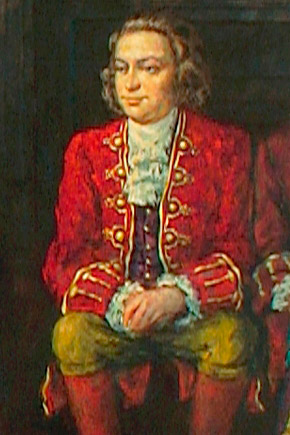
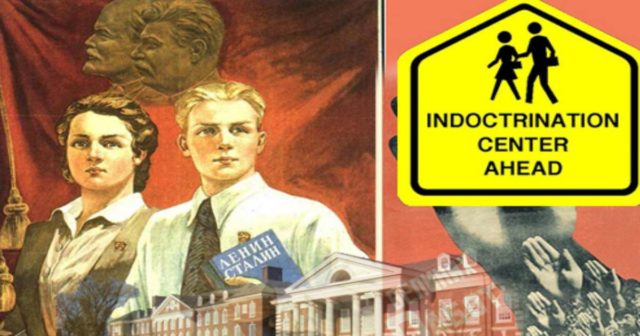 As time goes on we are learning more and more about how public schools are pushing this Marxist oriented Critical Race Theory garbage. And I call it garbage because that is what it is The agenda for this is to cause hate and division between the races so they will never be able to come together and realize who their real enemies are and what those enemies are doing to all races.
As time goes on we are learning more and more about how public schools are pushing this Marxist oriented Critical Race Theory garbage. And I call it garbage because that is what it is The agenda for this is to cause hate and division between the races so they will never be able to come together and realize who their real enemies are and what those enemies are doing to all races. 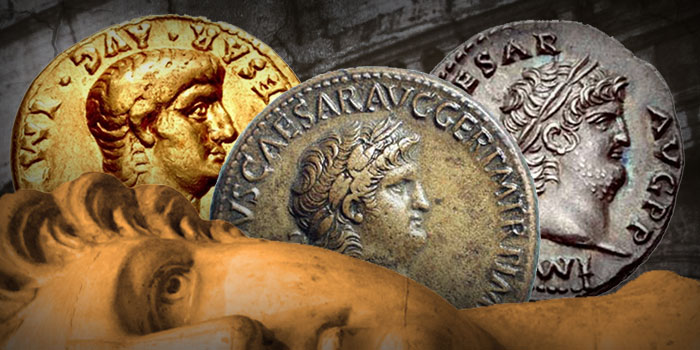 In discussions surrounding of the world’s monetary systems today there is usually one thing almost everyone can agree on: that money should be controlled by the organizations we call “states” or “
In discussions surrounding of the world’s monetary systems today there is usually one thing almost everyone can agree on: that money should be controlled by the organizations we call “states” or “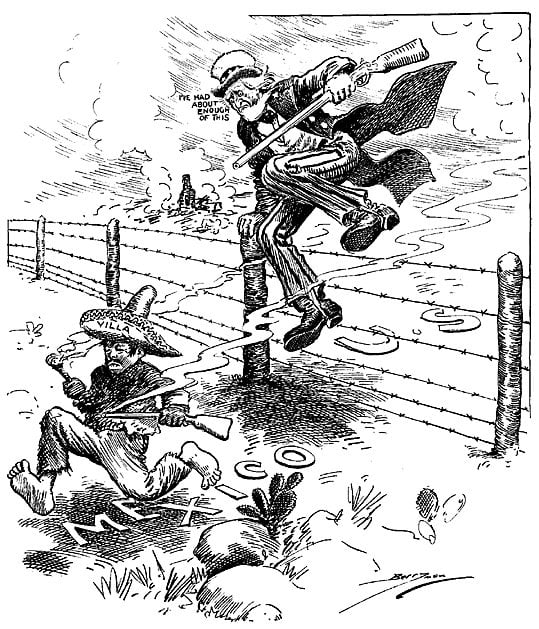
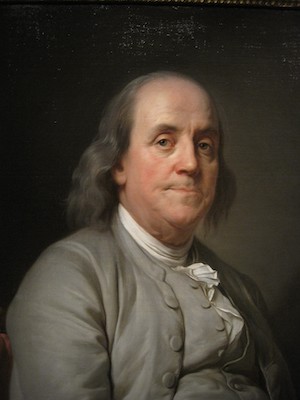
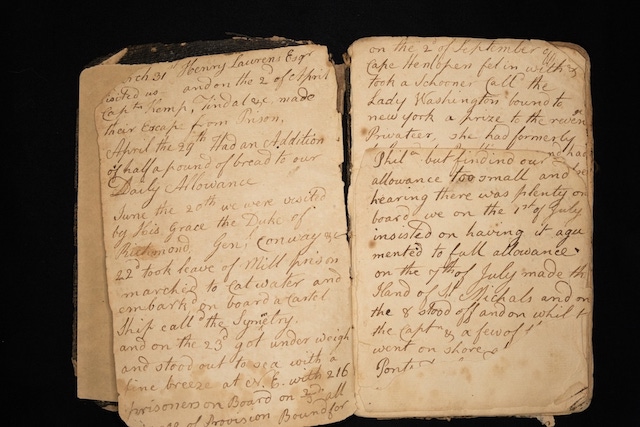
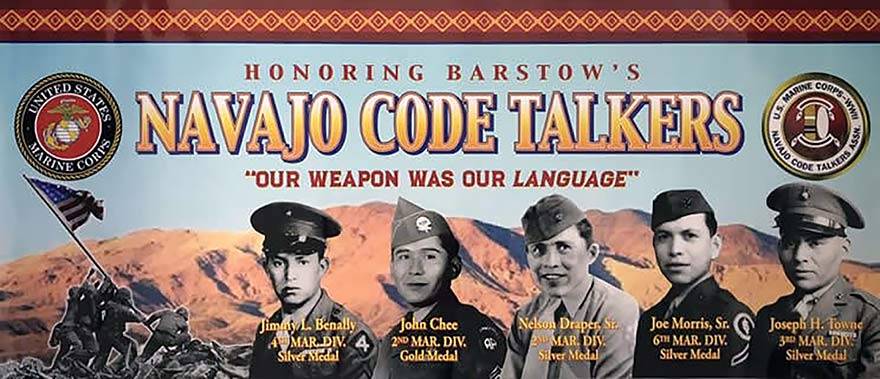 August 14, 2021 marked the very first Navajo Code Talker Day as an official holiday in Arizona. During WWII, 400 Navajo men used their language to create a special code that was used to compose and transmit messages. The code was never broken. These Navajo men participated in every major Marine operation in the Pacific Theater. During the bloody fight for Iwo Jima they fired off more than 800 messages in the heat of battle that were crucial to victory. The code talkers are credited with saving hundreds of thousands of lives and shortening the war.
August 14, 2021 marked the very first Navajo Code Talker Day as an official holiday in Arizona. During WWII, 400 Navajo men used their language to create a special code that was used to compose and transmit messages. The code was never broken. These Navajo men participated in every major Marine operation in the Pacific Theater. During the bloody fight for Iwo Jima they fired off more than 800 messages in the heat of battle that were crucial to victory. The code talkers are credited with saving hundreds of thousands of lives and shortening the war. 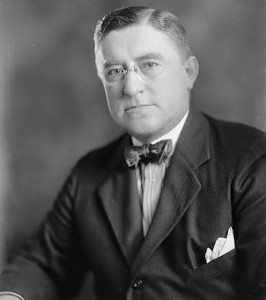 Remarks in Congress: AN ASTOUNDING EXPOSURE
Remarks in Congress: AN ASTOUNDING EXPOSURE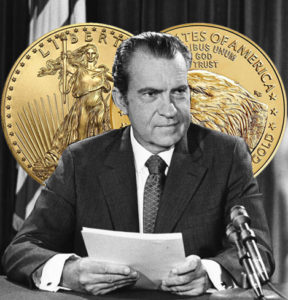 Since August 15, 1971, the US dollar has been completely severed from gold. President Richard Nixon suspended the most important component of the Bretton Woods system, which had been in effect since the end of World War II. Nixon announced that the US would no longer redeem dollars for gold for the last remaining entities that could: foreign governments. Gold redemption had been made illegal for everybody else, so this action finally ended any semblance of a gold standard for the US dollar.
Since August 15, 1971, the US dollar has been completely severed from gold. President Richard Nixon suspended the most important component of the Bretton Woods system, which had been in effect since the end of World War II. Nixon announced that the US would no longer redeem dollars for gold for the last remaining entities that could: foreign governments. Gold redemption had been made illegal for everybody else, so this action finally ended any semblance of a gold standard for the US dollar.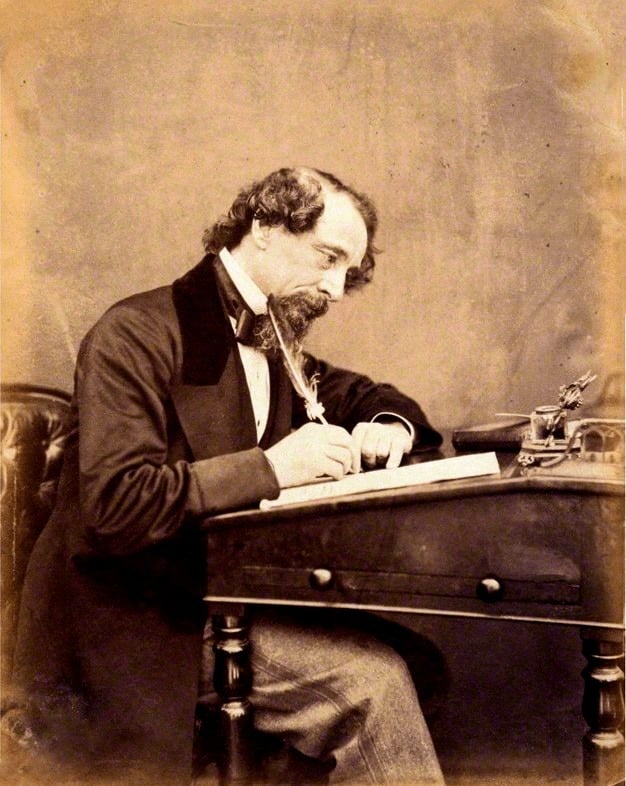
 “I cannot tell you that Hitler took Austria by tanks and guns; it would distort history.
“I cannot tell you that Hitler took Austria by tanks and guns; it would distort history.